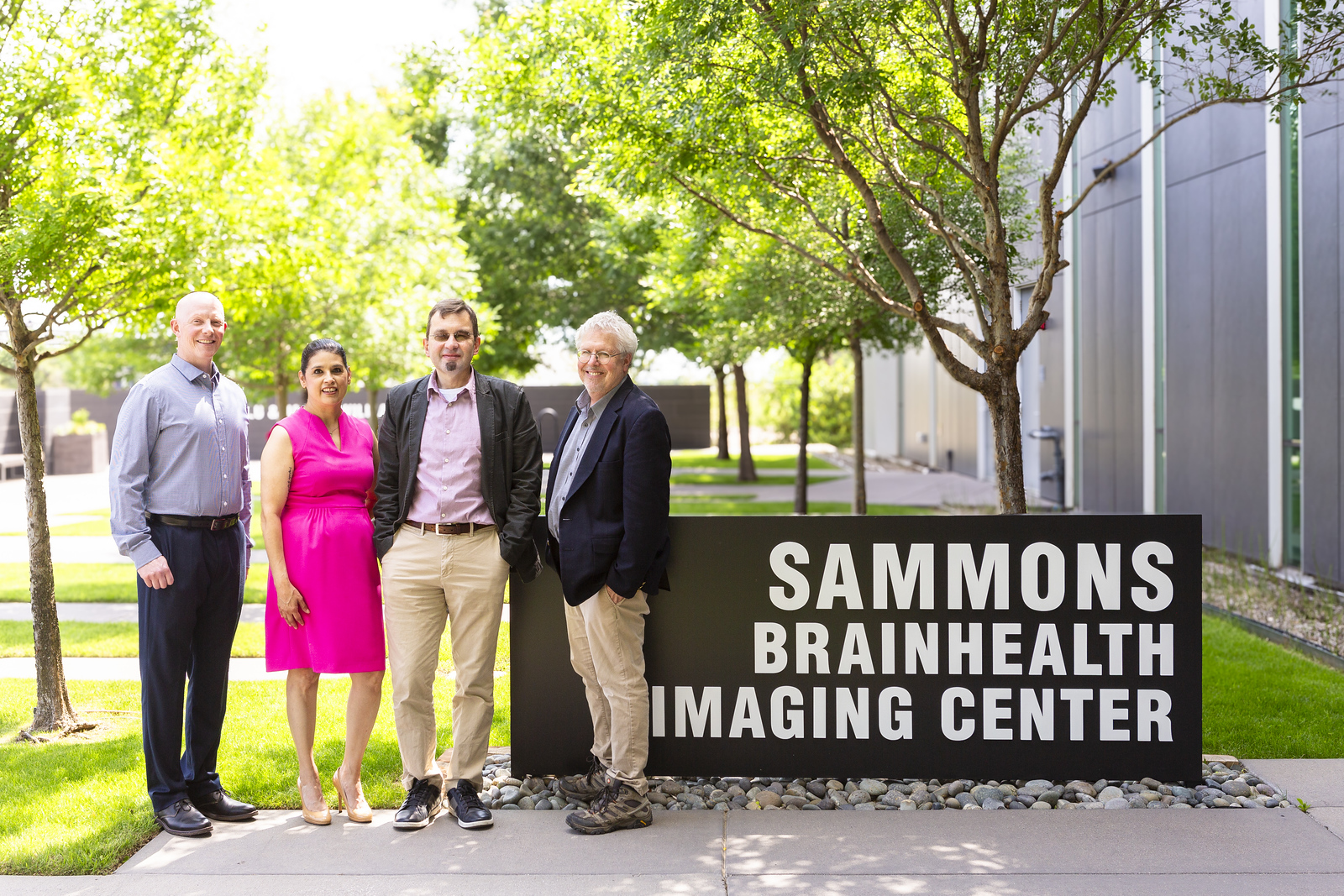
Center for BrainHealth Researchers Develop New Technology for Multiple Sclerosis Diagnosis and Treatment
Center for BrainHealth
Share this article

Bart Rypma, PhD
Principal Investigator Professor, Behavioral and Brain Sciences at UT Dallas Meadows Foundation Endowed Chair in Behavioral and Brain Sciences Director, Sammons BrainHealth Imaging Center
Related Information
